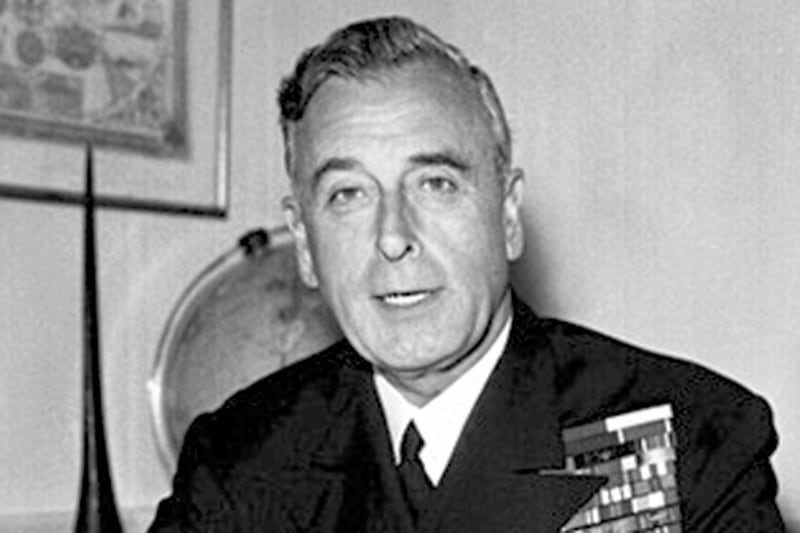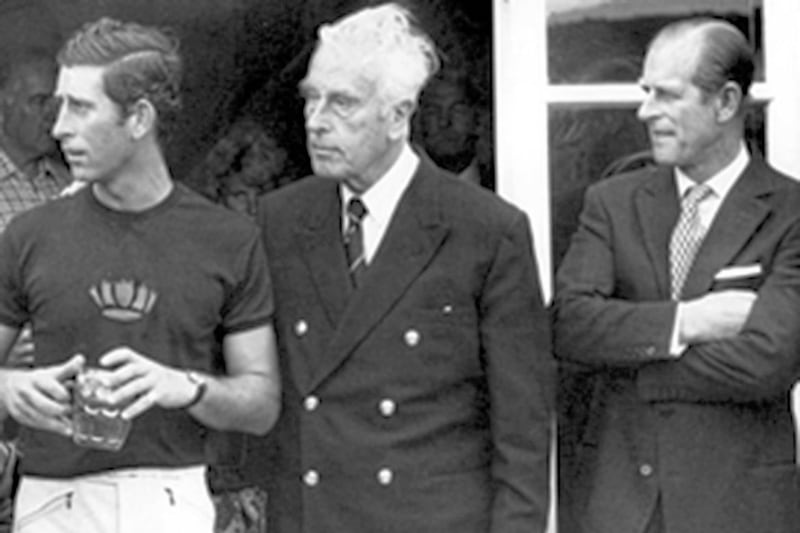A NEW book on Lord Louis Mountbatten claims he was involved in the abuse of two teenage boys at Kincora boys' home in Belfast in the 1970s.
Tomorrow is the 40th anniversary of the death of the earl who died when the IRA blew up his fishing boat off the coast of Mullaghmore in Co Sligo on August 27, 1979.
The Mountbattens, written by Andrew Lownie, includes interviews with two unnamed men who describe being brought from the home in summer 1977 to Mullaghmore where Lord Mountbatten was on holiday.
The men, who were both 16 at the time, claim they were abused by the earl, an uncle of Prince Philip, according to a report in the Sunday Times.
One of them, known as Seán, recalls being driven from Kincora to the earl's castle in Sligo where he was abused by a man.
He said he did not recognise him as Lord Mountbatten until he saw a report on the TV news two years later that the earl had been killed.
The second interviewee, referred to as Amal, claims to have met Lord Mountbatten four times that summer on day trips from the home in Belfast.
He said each encounter lasted about an hour and took place in a suite in an hotel by Mullaghmore harbour.
"He was very polite, very nice," Amal is quoted a saying. "I knew he was someone important. He told me he liked dark-skinned people, especially Sri Lankan people as they were very friendly and good-looking."
He also claimed that several other boys were brought to Mountbatten on other occasions.
This is not the first time Lord Mountbatten has been linked to Kincora. In 1990, writer Robin Bryans reported that the earl, Anthony Blunt and others were part of an old-boy network that held gay orgies in country houses on both sides of the border and at the boys' home.
Two years ago, a Historical Institutional Abuse (HIA) inquiry concluded that abuse at the home was limited to three staff members and there was no collusion by the state or intelligence services in covering it up.








